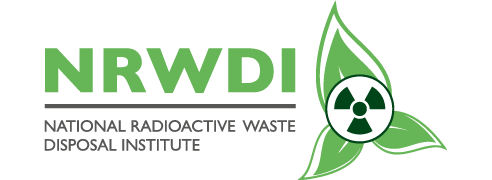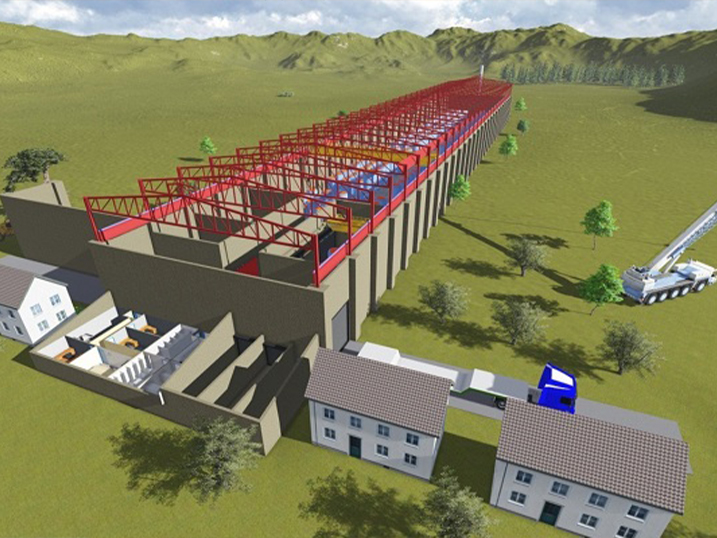Solutions
A world-class radioactive waste disposal solutions provider.
NRWDI will consistently and continuously apply an integrated and accountable radioactive waste management and disposal approach, in order to ensure that no undue burden is placed on future generations due to past, present and future involvement in nuclear programs.
Only solid or solidified low level radioactive waste appropriately characterised, conditioned and packaged in accordance with the repository waste acceptance criteria is accepted for disposal at Vaalputs.
Low level waste (LLW) consists mainly of trash slightly contaminated with radioactive materials, for example used protective clothing and floor-covering material. This is compacted into steel drums. Low level waste (LLW) is also packaged in concrete containers comprising of more active materials such as filter cartridges, demineraliser resins and contaminated metallic components. These are mixed with carefully formulated concrete and sealed into concrete containers. All operations are conducted in accordance with international codes and standards as well as facility nuclear installation licenses issued by the National Nuclear Regulator (NNR).


